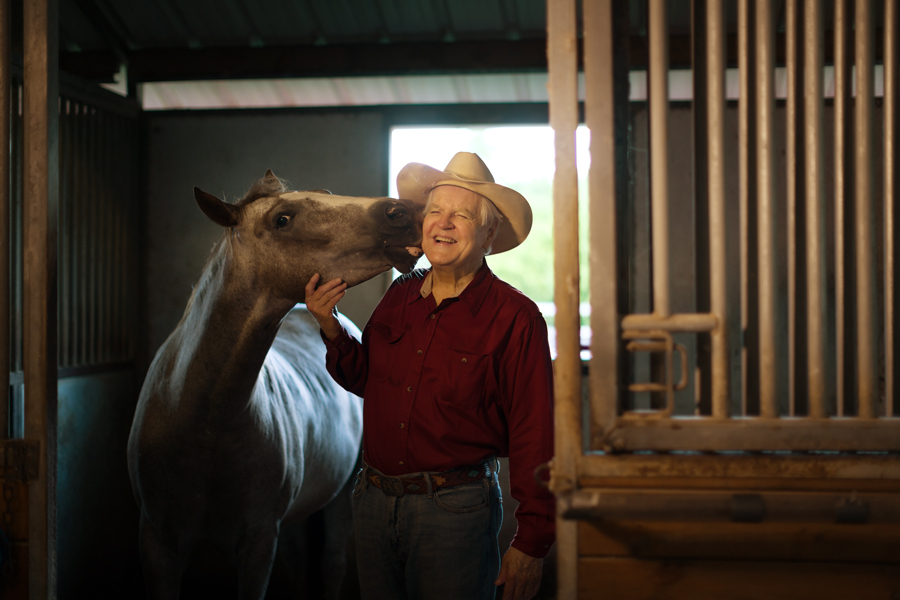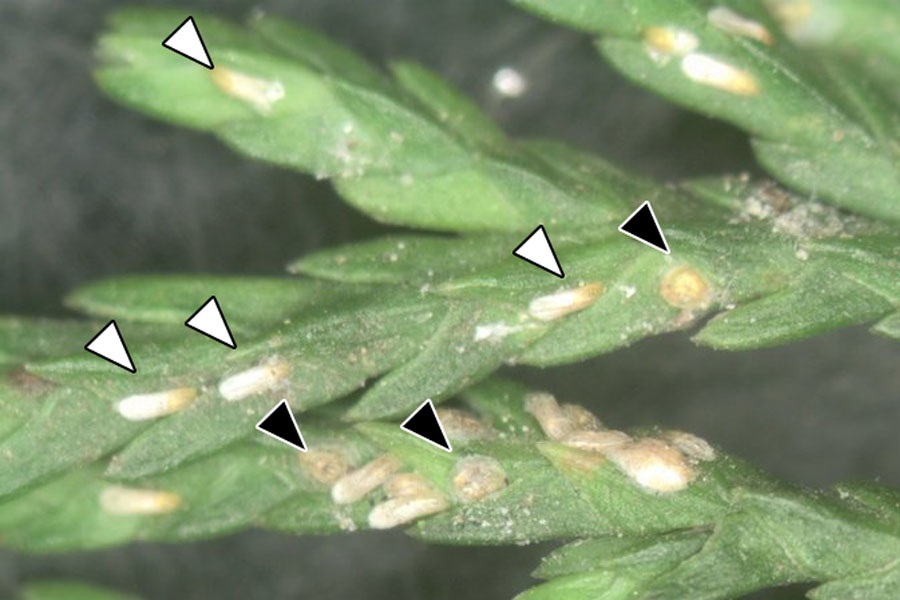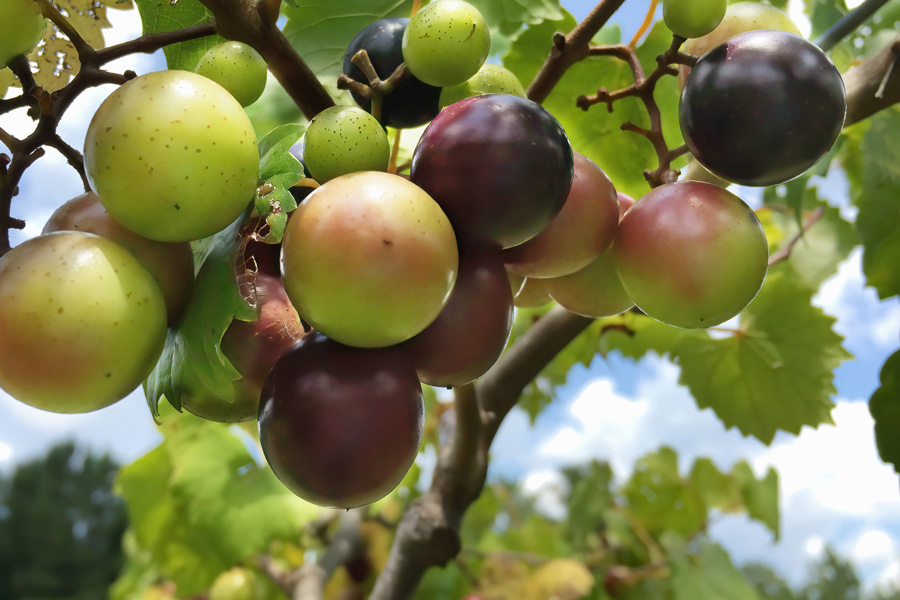
Horses have relatively long life spans compared to other livestock and companion animals, often living into their late 20s and early 30s. Many horses have productive careers into their 20s. In fact, in many disciplines, horses do not peak until their teenage years. Good nutrition, maintenance and veterinary care allow horses to lead longer and more productive lives. However, as horses age, their needs change and additional care may be required to keep them as healthy as possible. This publication addresses changes in the aging horse’s body that impact its requirements, possible ways to meet these requirements, and solutions to problems that may occur.


Published by University of Georgia Cooperative Extension. For more information or guidance, contact your local Extension office.
The University of Georgia College of Agricultural and Environmental Sciences (working cooperatively with Fort Valley State University, the U.S. Department of Agriculture, and the counties of Georgia) offers its educational programs, assistance, and materials to all people without regard to age, color, disability, genetic information, national origin, race, religion, sex, or veteran status, and is an Equal Opportunity Institution.
Status and Revision History
- Published with Minor Revisions on August 26, 2024
What is a Bulletin?
Bulletins represent a major writing effort and cover a broad subject area. They address individual topics in a particular discipline for a specific commodity.
Written and Reviewed by Experts
[Info about how this publication is peer reviewed. Then we have the link that takes them to more information.]





